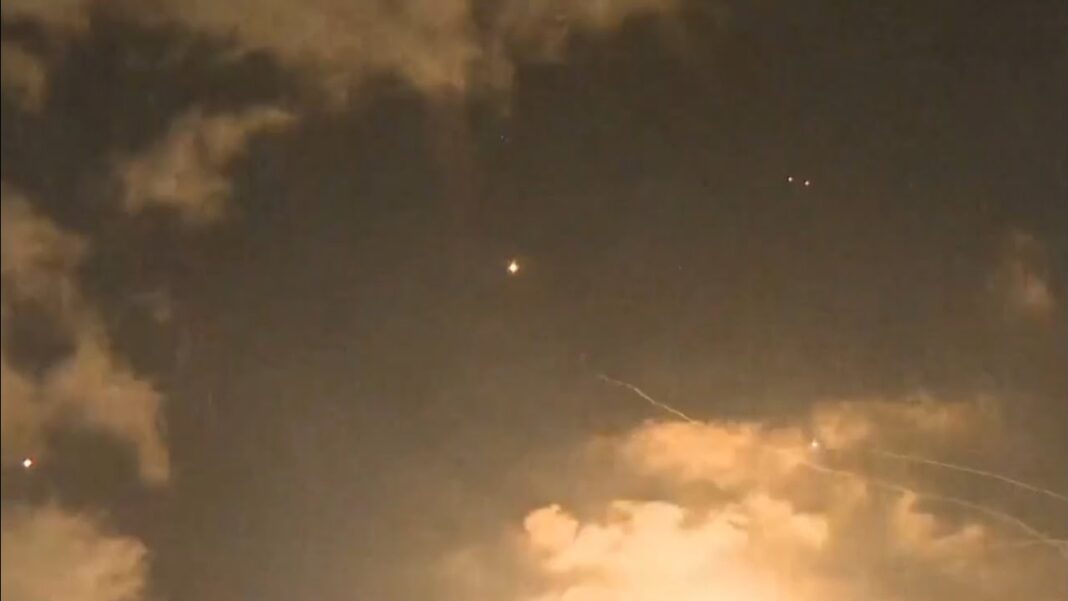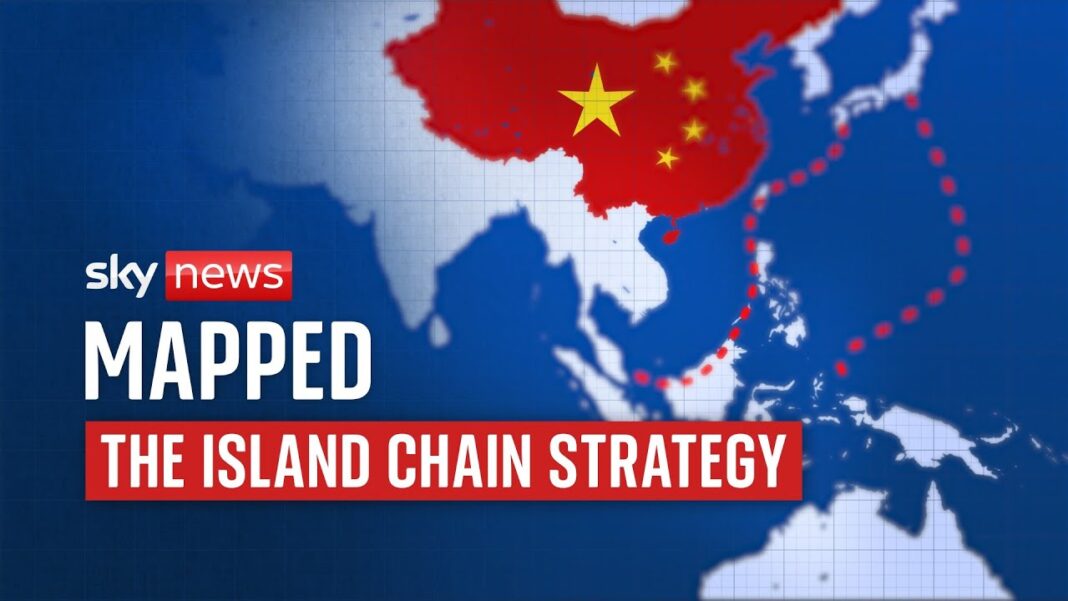The Kremlin’s statement follows on from a telephone conversation between Putin and Trump over the weekend.
Russia is prepared to mediate the ongoing hostilities between Israel and Iran and to deal with Tehran’s uranium, the Kremlin said on Monday.
Ahead of the Israeli strikes against Iran last week, Russia said it was prepared to remove the highly enriched uranium from the country, in a bid to aid progress in the talks between the United States and Iran regarding the latter’s nuclear program.
“This proposal remains on the table and is still relevant. However, the situation has become much more complicated with the onset of hostilities,” Kremlin spokesman Dmitry Peskov said, according to Russian state news agency TASS.
U.S. President Donald Trump said on Sunday that peace would be brought about soon and suggested the possibility that Russian President Vladimir Putin could help bring it about.
“President Putin called this morning to very nicely wish me a Happy Birthday, but to more importantly, talk about Iran, a country he knows very well,” Trump wrote on Truth Social.
He later told ABC News in response to a question about Putin acting as a mediator between the Islamic regime and the Jewish state: “He is ready. He called me about it. We had a long talk about it. We talked about this more than his situation. This is something I believe is going to get resolved.”
Peskov said about the phone call that “Russia remains ready to provide its mediation services, including the proposals previously outlined by President Putin in his conversation with President Trump. In this regard, Russia’s readiness and willingness remain firm. If necessary, all of this can be implemented.”
Russian Direct Investment Fund CEO Kirill Dmitrev, a confidante of Putin, echoed the sentiments expressed by the Kremlin, writing on X on Sunday that “Russia can play a key role in mediating Iran-Israel conflict.”
Peskov further remarked that the reaction from the international community to the outbreak of military hostilities between Tehran and Jerusalem was “a good lesson for everyone.”
“We see that the international community in general is now split in terms of its assessments of the current developments into the camp of those who condemned the beginning of what is happening, and those who supported and tried to justify it,” he said, according to TASS.
By Guy Birchall







